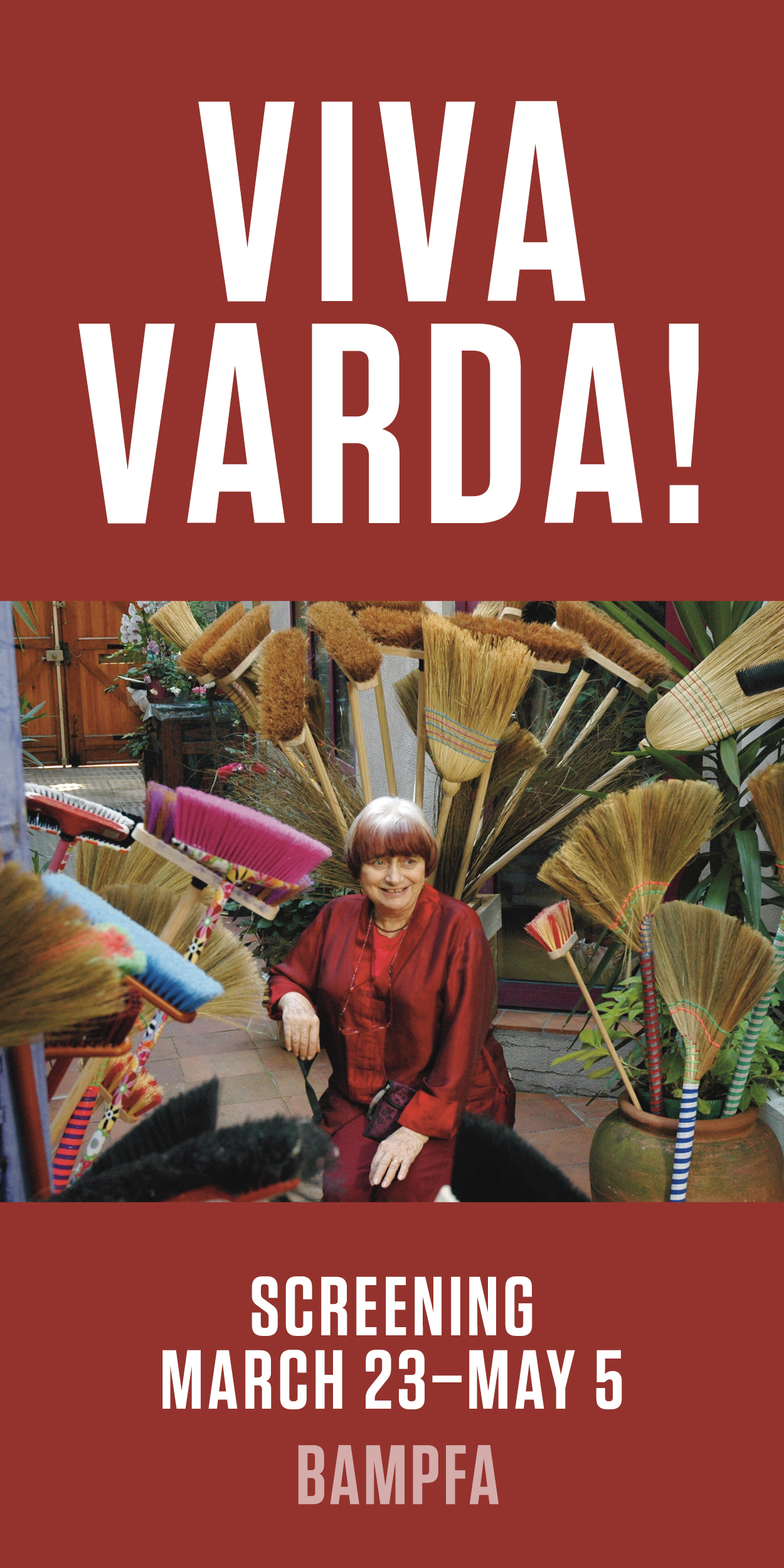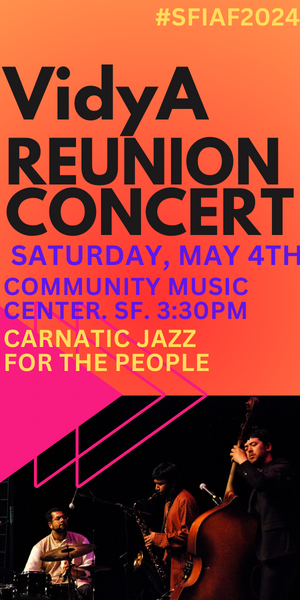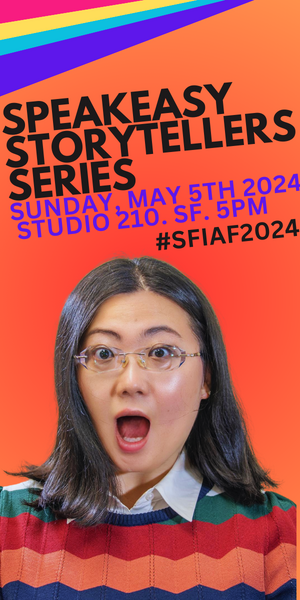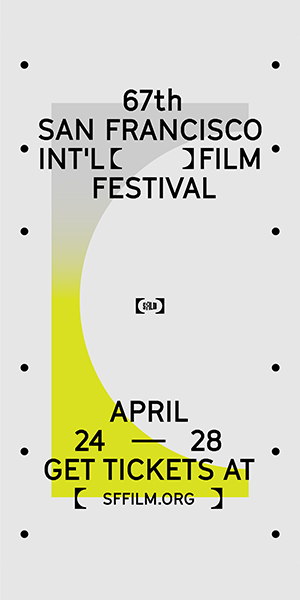Plan by David Lee draws fire from people who have spent their lives trying to improve public access to public meetings.
By Tim Redmond
AUGUST 19, 2015 – San Francisco politicians, and would-be politicians, have a history of creating ballot measures to promote their own careers. It’s a neat trick: You sponsor a measure and it gets your name out –and since there are no campaign-contribution limits on initiatives, you can raise all the cash you want.
Gavin Newsom, for example, ran for mayor in part on the back of a nasty anti-homeless measure called Care Not Cash. And now David Lee, the director of the Chinese American Voter Education Center and a teacher at SF State who is widely expected to run for supervisor from District One, has put together an open-government measure that’s on the November ballot as Prop. E.
Lee says he wrote the measure with his students. It reflects what some in the tech world have been pushing for – easier ways for people who don’t want to go to City Hall or wait with to testify with the rest of the unwashed plebians to influence decision-making.
There’s a populist nerve here that he’s trying to touch: It’s hard for working people, small business owners, and so many others who don’t have hours of free time to appear in front of the Planning Commission or the Board of Supervisors and be heard.
But in this case, many of the activists who wrote and promoted the city’s Sunshine Ordinance are opposing Lee’s measure, saying it’s an unworkable farce. In fact, there aren’t many people who have been active in open-government and ethics issues over the years lining up with Lee.
So the ballot handbook will reflect and interesting twist: People who have spent their careers pushing for reforms that allow more public influence at City Hall are opposing a measure that purports to open up government.
We are a contentious bunch in this city, and on major issues, all sides tend to organize and motivate large numbers of people to show up and speak for the allowable two minutes.
When it comes to land-use and planning issues, the law says you often can’t sue over issues that you didn’t raise in a public hearing.
All of which means that hearings can drag on for hours and hours. People who want to testify have to sit and wait their turn. I get how imperfect democracy is; I sit there, too, and listen to it all, and it doesn’t always start or end when you want it to. I often say to myself: There has to be a better way.
Lee’s measure seeks to address those problems with modern technology. It mandates that all policy bodies in the city live-stream all meetings, which (other than the fairly modest cost) seems like a no-brainer. But it also allows people to submit online testimony during a public hearing and mandates that if enough people (50) sign a petition, an item has to be held at a “time certain.”
And while, again, that sounds just fine, sunshine advocates say there are serious problems with the plan.
For starters, there’s the very real prospect of well-heeled organizations hiring hundreds of people from around the country to submit online testimony on an issue. As a ballot argument by opponents notes:
By requiring all Boards and Commissions to take pre-recorded and live remote comment for every meeting, Proposition E exposes Boards and Commissions to influence by interest groups and individuals from across, and even outside, the country. The measure’s “privacy policy” shields lobbyists from identifying their clients or themselves as paid representatives. The voices of San Franciscans who provide public in-person comment will be deprioritized in favor of those outside San Francisco.
It’s signed by former Ethics Commissioners Eileen Hansen, Paul Melbostad, Bob Planthold, and Sharyn Saslafsy; Bruce B. Brugmann, former Bay Guardian publisher who was a principal author of the city’s Sunshine Ordinance (and my former boss); former Civil Grand Jury members Larry Bush and Hulda Garfolo; former Sunshine Ordinance Task Force member Richard Knee, and current Sunshine Ordinance Task Force member Lee Hepner.
In a letter sent to groups that are considering endorsing the proposal, those advocates note that
Requiring that boards and commissions take remote public comment would facilitate influence-peddling by persons and organizations across and even outside the country, thus diminishing the voice of local citizens and group representatives who physically attend meetings, often juggling family and/or work obligations to do so. Just as they pay citizens to circulate initiative, referendum and recall petitions and even to show up at the polls on Election Day, wealthy special interests could pay people under the table to spout their message or to filibuster – made easier to exercise and to hide by remote-comment media.
The time-certain provision, while attractive, actually runs afoul of the city’s longstanding rule that agendas for public hearings be posted 72 hours in advance. And it would create a potentially serious problem.
As Angela Cavillo, clerk of the Board, noted in comments to the Democratic County Central Committee:
“The proposed language in Proposition E Chapter 67.18 allows 50 individuals, at least 48 hours before the scheduled hearing, the opportunity to request a different start time for an agenda item.
“This is beyond the challenge of reposting the Agenda less than the venerable 72 hours, and more significant because the Clerk would have to grant (or deny) the time certain requests 24 hours before the start of the meeting which will not allow enough time for us to contact the individuals we provided the advance written notice, mailing, posting or publication to, and who may not look for a reposted Agenda, and may attend the hearing at the original noticed start time, only to come to find the reposted Agenda changed the start time to later that evening.”
The agendas of the full BOS and its committees, and of policy bodies like the Planning Commission, tend to be pretty packed. And nobody knows at the start how many people will want to testify on any item, or how many of the elected or appointed officials will have ideas, amendments, or debate.
Sometimes, the discussion on what might seem a routine item winds up taking a while; one of the supes sees a problem nobody thought of, and the City Attorney’ s Office or the budget analyst gets involved, and the matter winds up taking 45 minutes instead of five minutes.
That’s good; that’s how it’s supposed to work. The supes aren’t supposed to just rubber-stamp everything, quickly and efficiently, with no dissent; we tried that, when Willie Brown was mayor, and it wasn’t pretty.
But suppose there’s an item that starts at 2:30 and it turns out to be more complex than expected, and the debate goes on for half an hour, then there are amendments that are debated ….
But wait: Fifty people signed a petition, so there’s a “time certain” item at 3 pm. Do they cut off debate? Stop that item in the middle of discussion and shift to another one?
What if a committee or commission is in the middle of a public hearing on one item, and more people than expected showed up, and the members of the policy body have a lot of comments and questions … and then suddenly there’s a “time certain” item that people signed a petition for. Do all the folks who showed up and waited their turn to speak on the first item now have to take a seat and wait while another item takes precedence?
I understand the problem. But this doesn’t come from a grassroots constituency. It comes, I think, from the tech crowd that feels as if their time matters more than everyone else’s time, that sitting around in a crowded room and waiting their turn to speak is beneath them, that it would be much easier if everyone just did this all on a computer.
Or if we could all have a reservation for our issues, so we go first, as if this were all some fancy restaurant.
I have been a part of a long list of proposals to improve public access to government , and in many cases the existing elected officials were happy to speak about how expensive or unworkable those ideas were. In the end, they worked fine.
So again: I get the issue.
But in every case in the past, sunshine advocates have worked together. There’s a well-established group of credible and experienced people – not partisans, not politicians – who have spent many, many years on these issues.
David Lee contacted none of them. This is not a coalition effort.
So now we have this strange case where an open-government initiative is on the ballot and most of the veteran open-government advocates in town are opposing it.
I called Lee to talk to him about all of this. He answered the phone, and when I told him what I wanted to talk about, he instantly cut me off and said he would have to call me back.
He never did.
I suppose that says something about his real attitude toward openness and accountability.






